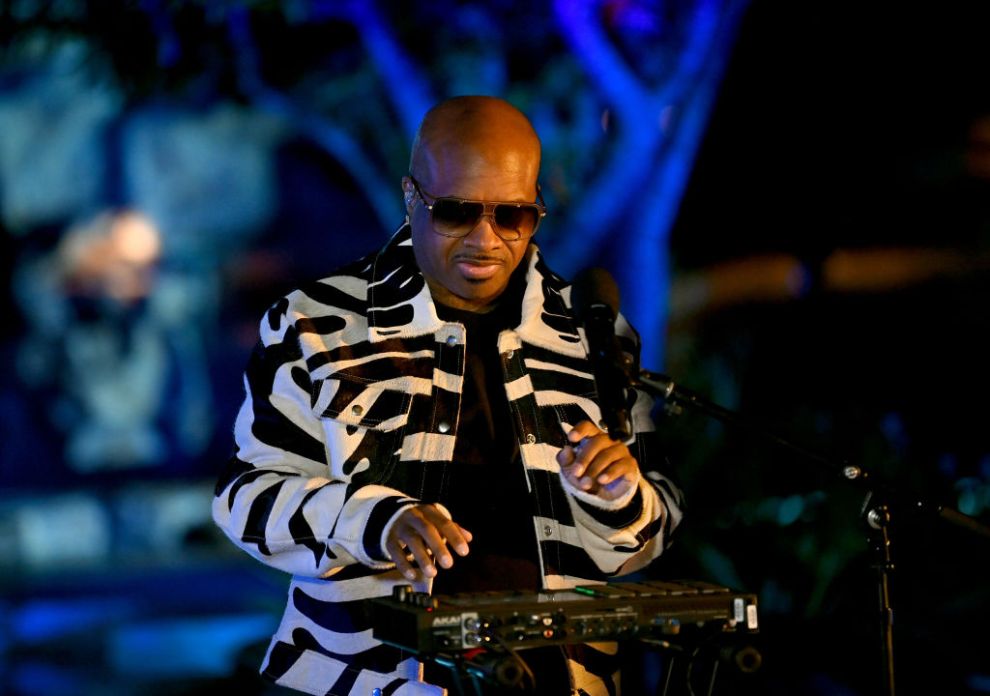Grammy-winning producer Jermaine Dupri is raising eyebrows with his blunt take on the rising presence of AI-driven artists. His target: Xania Monet, an avatar created by Mississippi poet-lyricist Telisha Nikki Jones. In a post on platform X, Dupri asked: “So let me get this right… years ago the industry found out that Milli Vanilli weren’t really the voices on their Grammy-winning record and they were stripped of their Grammy, but now we’re getting ready to accept people who can’t even sing, creating songs for a fake person?”
He added: “How is this any different than Milli Vanilli?”
Dupri’s words arrived as Jones defended her AI creation in a recent interview. She stated, “Anytime something new comes about and it challenges the norm … you’re going to get strong reactions behind it. And I just feel that AI is the new era that we’re in. I look at it as a tool, as an instrument. Utilize it!” Jones also acknowledged she “can’t sing” herself but affirmed that Xania Monet still felt real to her artistic vision.
Industry Implications and Reactions
Dupri’s message highlights a deeper concern about authenticity in music and how AI might blur long-standing lines. In his post, he pointed out that historically the recording industry penalized artists once misrepresentation was revealed—citing the Milli Vanilli example—and questioned why similar scrutiny isn’t being applied now.
He also took aim at streaming platforms, suggesting they are pushing avatars like Xania Monet, promoting content where the human performer is hidden or artificial rather than centered.
From Jones’s perspective, AI is not a shortcut but a new artistic medium. She told the interviewer: “I wouldn’t call it a shortcut, because I still put in the work.” She sees the resistance as natural: “You’re going to get strong reactions behind it.”
The debate signals a turning point for creators and industry executives alike. Will audiences view AI-generated artists as legitimate performers, or will there be a pushback grounded in concerns of authenticity? Dupri’s comments make clear he leans toward the latter.
But proponents like Jones argue that embracing AI is not about replacing talent—it’s about expanding the palette of expression. Whether both sides will reconcile remains unclear.

